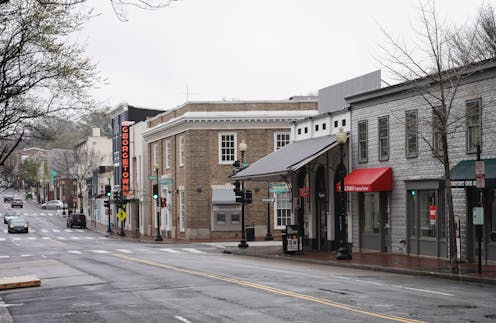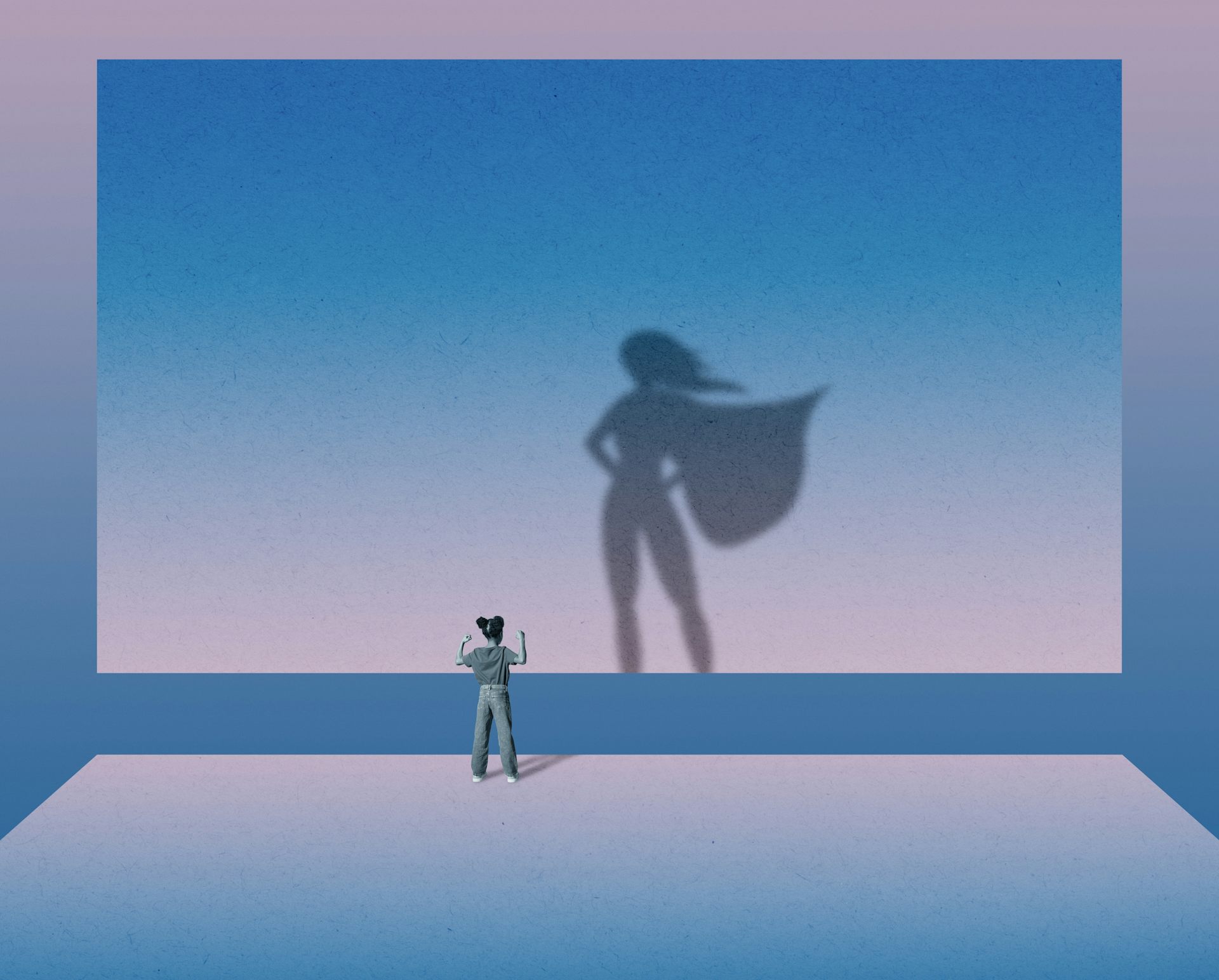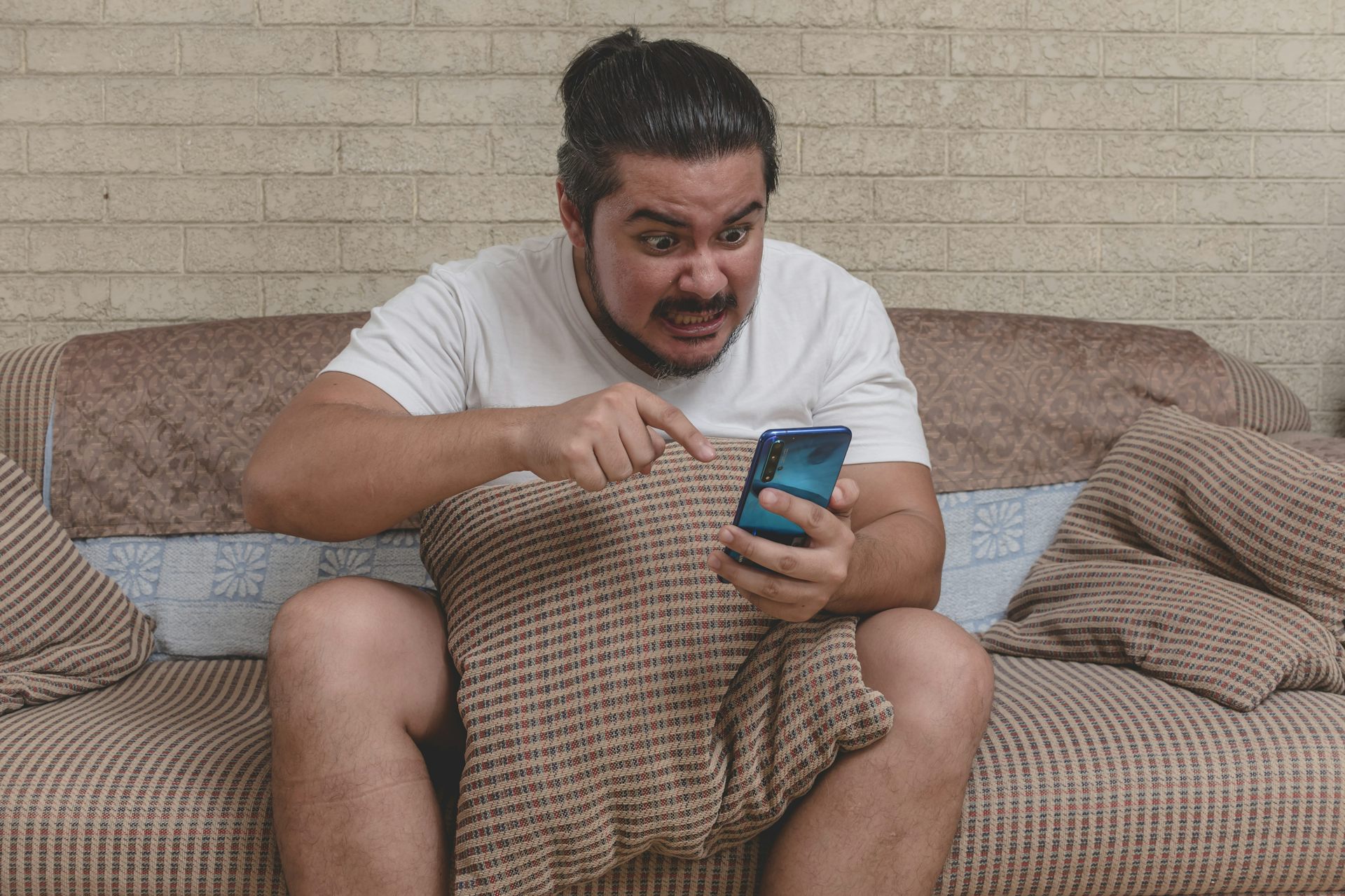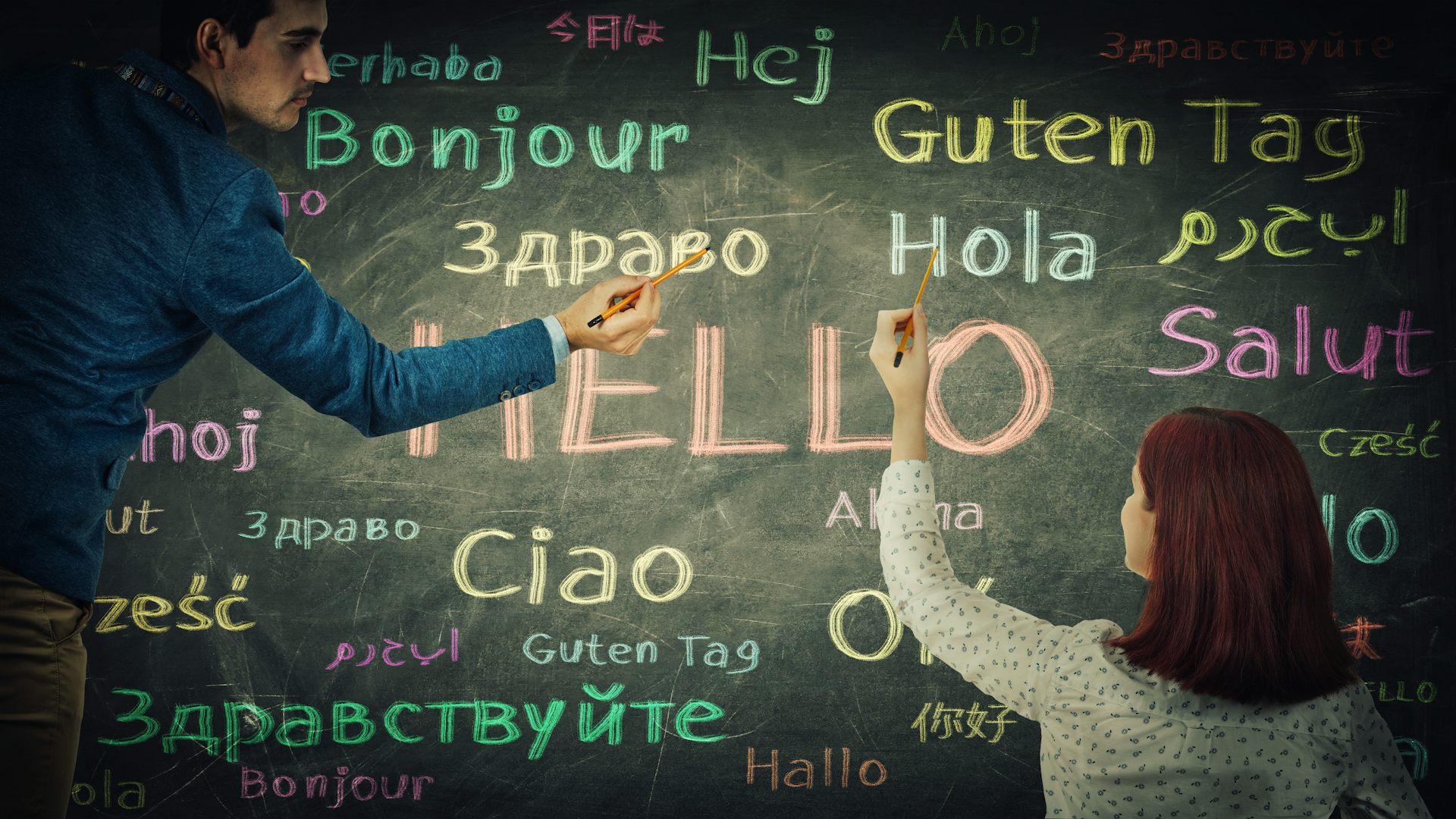Everyday ethics: When should we lift the lockdown?
What are the moral considerations in making the decision to reopen society while mitigating the risk of infections spreading? We asked a philosophy scholar to walk us through the quandary.


A lot of people are facing ethical decisions about their daily life as a result of the coronavirus. Ethicist Lee McIntyre has stepped in to help provide advice over the moral dilemmas we face. If you have a question you’d like a philosopher to answer, send it to us at us-ethicalquestions@theconversation.com.
Governments – both federal and state – face decisions about when and how to end the lockdowns put in place to slow the spread of the coronavirus. The choice is sometimes framed in terms of “we can’t let the cure be worse than the disease,” but what are the ethical considerations in deciding when society can open up again? – Curt C., Dallas, Texas
The moral question at issue here is enormous: “How much is a human life worth?”
If we are willing to trade risk to human life for expected economic benefit, it requires us to engage in a sort of analysis employed by utilitarians – moral philosophers who believe in promoting the greatest amount of happiness for the greatest number of people – and also to put a price on human health. This may sound shocking, but people do this every day: Insurance actuaries, military strategists and traffic planners routinely face difficult questions on how much a human life will “cost.”
But if we consider it moral to keep cars on the roads, while also understanding that approximately 40,000 people die in traffic accidents in the U.S. every year, we had better be confident in our calculations. According to the utilitarian, if the numbers change, the moral calculus could flip.
With the coronavirus, however, we are dealing with massive uncertainties. If we reopen the economy, will the death toll surge again? Will employees even come back to work? Moreover, the economic and human costs seem linked during this pandemic. If we reopen the economy too soon, we might face both a worse health outcome and further economic downturn.
With such uncertainty, how can we possibly know whether the “cure will be worse than the disease?”
But there is another ethical consideration here: Precisely whose lives are we talking about? And whose economic benefit?
People may have a choice whether or not to drive. But if forced to go to work every day, they may not be able to avoid the risk of being exposed to a life-threatening illness. And not all work is the same: Does a transit worker face the same risk as a tax planner?
Twentieth-century philosopher John Rawls embraced the idea of “justice as fairness” – the idea that judgments about morality are inextricably tied up with questions of equality. Rawls described how a “veil of ignorance” could help guide a person’s moral judgment by asking them what distribution of rights they would choose for an ideal society, without telling them the place they would hold in that society once the veil was lifted.
If you knew you’d be a king, you might not worry so much about the rights of the peasants. But what if you yourself might end up being a peasant?
In the real world, of course, we know full well whether we will be the one delivering the packages or staying home for a Zoom conference. To risk someone else’s life where you would not risk your own – for your own economic benefit or otherwise – seems deeply immoral.
[You need to understand the coronavirus pandemic, and we can help. Read The Conversation’s newsletter.]
Lee McIntyre ne travaille pas, ne conseille pas, ne possède pas de parts, ne reçoit pas de fonds d'une organisation qui pourrait tirer profit de cet article, et n'a déclaré aucune autre affiliation que son poste universitaire.
Read These Next
GLP-1 drugs may fight addiction across every major substance, according to a study of 600,000 people
GLP-1 drugs are the first medication to show promise for treating addiction to a wide range of substances.
Are heroes born or made? Role models and training can prepare ordinary people to take heroic action
Heroes take a personal risk for the common good. Some people may just be born with the personality traits…
Stressed out by politics? You’re not imagining it, and research shows that social media is largely t
Political content on social media finds you even if you’re not looking for it, and it tends to do…





